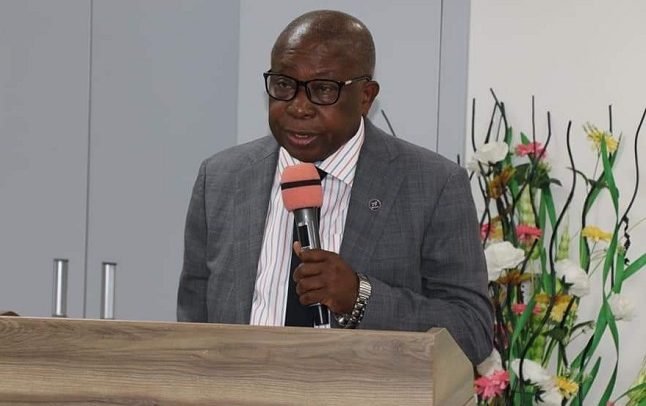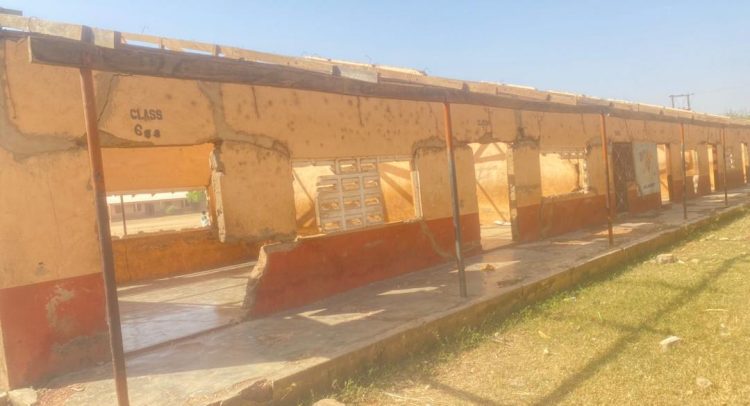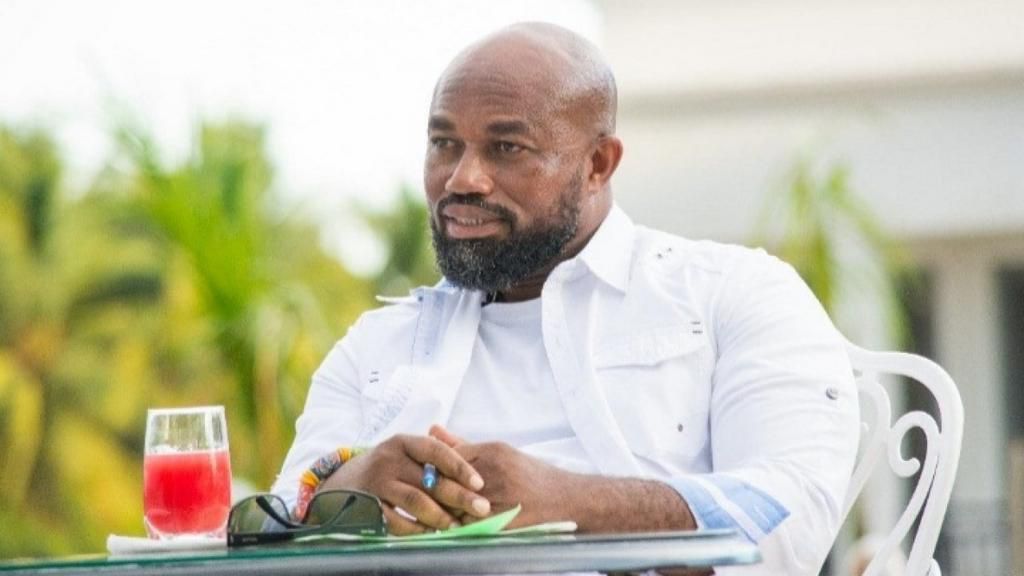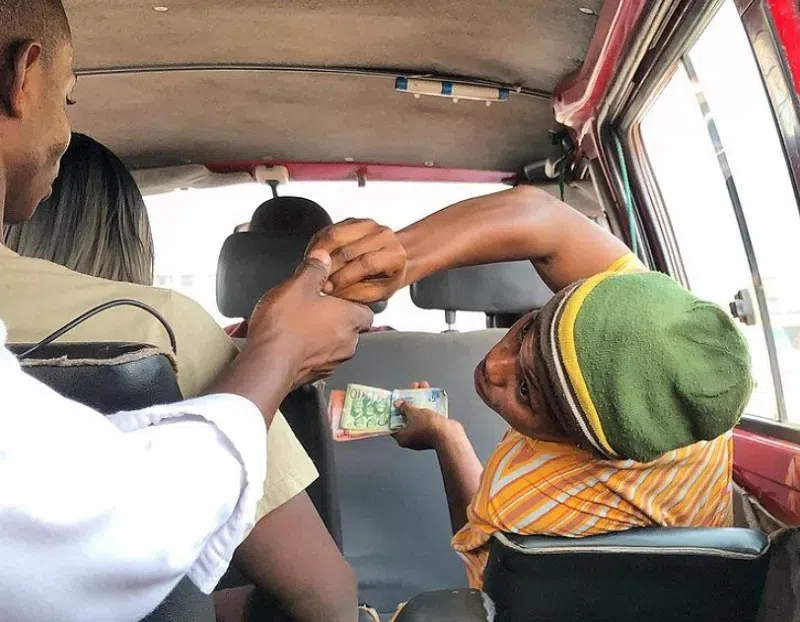

 A study has uncovered critical gaps in sexual and reproductive health knowledge among deaf people in Ghana, prompting urgent calls for policy reforms to improve accessibility to essential health information and services.
A study has uncovered critical gaps in sexual and reproductive health knowledge among deaf people in Ghana, prompting urgent calls for policy reforms to improve accessibility to essential health information and services.
The Ghana National Association of the Deaf (GNAD), with funding from Amplify Change, carried out the research in October 2024 to analyze gaps in sexual and reproductive health services for deaf people in Ghana.
The findings were disseminated by Prof. Wisdom Kwadwo Morah, Principal Investigator of the study, at a national advocacy forum in Accra to push for policy reforms and targeted interventions.
The study conducted in the Northern, Upper East, Upper West, and Eastern regions assessed the challenges faced by the deaf community in accessing quality sexual and reproductive health services.
It revealed widespread knowledge deficiencies, stimulating urgent action from stakeholders to implement targeted and coordinated interventions to bridge these gaps.
On the sidelines of the forum, Prof. Mprah told the Ghana News Agency that the research sought to provide key state and non-state actors with a clearer understanding of how deaf individuals access health information and services.
“Our findings show that many deaf people lack adequate knowledge about sexual health. Some have access to information, but they do not fully understand basic sexual health issues, which must be addressed urgently,” he stated.
He noted that the study focused on deaf individuals who could communicate using sign language and interpreters.
However, he stressed that there was a significant population of deaf individuals who do not use sign language interpreters and, therefore, face even greater challenges in accessing health information.
“If those who can read or use interpreters struggle with these issues, then those who cannot communicate through sign language or reading face even bigger barriers,” he emphasized.
Prof. Mprah advocated targeted interventions to ensure deaf individuals can effectively utilize social and financial services and also called for efforts to include deaf-blind persons in sexual health outreach programmes.
Addressing concerns about family members acting as interpreters in medical settings, Prof. Mprah clarified that while it is not illegal in Ghana, it is professionally unethical.
“Just as a doctor is not allowed to perform surgery on their own family member due to ethical concerns, family members may not be proficient in sign language and could compromise a deaf person’s privacy or emotional well-being,” he explained.
He further recommended that communication strategies for deaf individuals should be tailored to their preferences.
“Communication does not necessarily mean bringing in an interpreter—some may prefer written communication, lip-reading, or sign language. It is crucial to respect and accommodate their preferred methods of communication,” he said.
He called for enhanced training programmes for sign language interpreters to ensure effective communication and a better delivery service for Ghana’s deaf community.
GNAD Executive Director Mr. Juventus Duorinaah, explained key among the most common barriers that deaf people face including communication challenges with healthcare professionals that leads to miscommunication and stress.
He stated that long waiting times often caused deaf individuals to be the last to receive care, as they were unable to hear their names when called.
He also mentioned that low literacy levels created additional challenges, making written communication with doctors difficult.
He called for inclusive policies and reforms in the country’s health care system to allow deaf people and all other persons with disabilities to receive quality treatment.
“Healthcare isn’t just about visiting hospitals; she should focus on making it a broader public health initiative.”
Contributing, Ms. Grace Otoo, a nurse at the Tema West Municipal Health Directorate of the Ghana health service noted that deaf community is important, and that sign language should be institutionalised in health facilities.
“They are also part of the community in which we all live, and reproductive health is very important for everyone,” she said.
“Therefore, I suggest that whenever health facilities carry out in-service training for nurses, they should also include sign language learning as part of the routine exercise to improve accessibility in hospitals,” she added.
She further suggested that GNAD could also have more conversation with leaders of the Ghana health Service beyond forums to see how to champion sign language at all levels.
The forum urged policymakers and healthcare providers to prioritize accessibility and implement measures to address gaps in knowledge and services to improve the well-being of deaf individuals in Ghana.
It was recommended that sign language be incorporated into public events and news broadcasting, with messages developed in sign language for social media.
Adoption of video consultation technology, a partnership with the Ghana Health Service, and the implementation of coordinated decisions and policies were also suggested as further steps to improve accessibility.
Source: GNA
The post Policy reforms required to bridge deaf health knowledge gaps – Study appeared first on Ghana Business News.
Read Full Story















Facebook
Twitter
Pinterest
Instagram
Google+
YouTube
LinkedIn
RSS